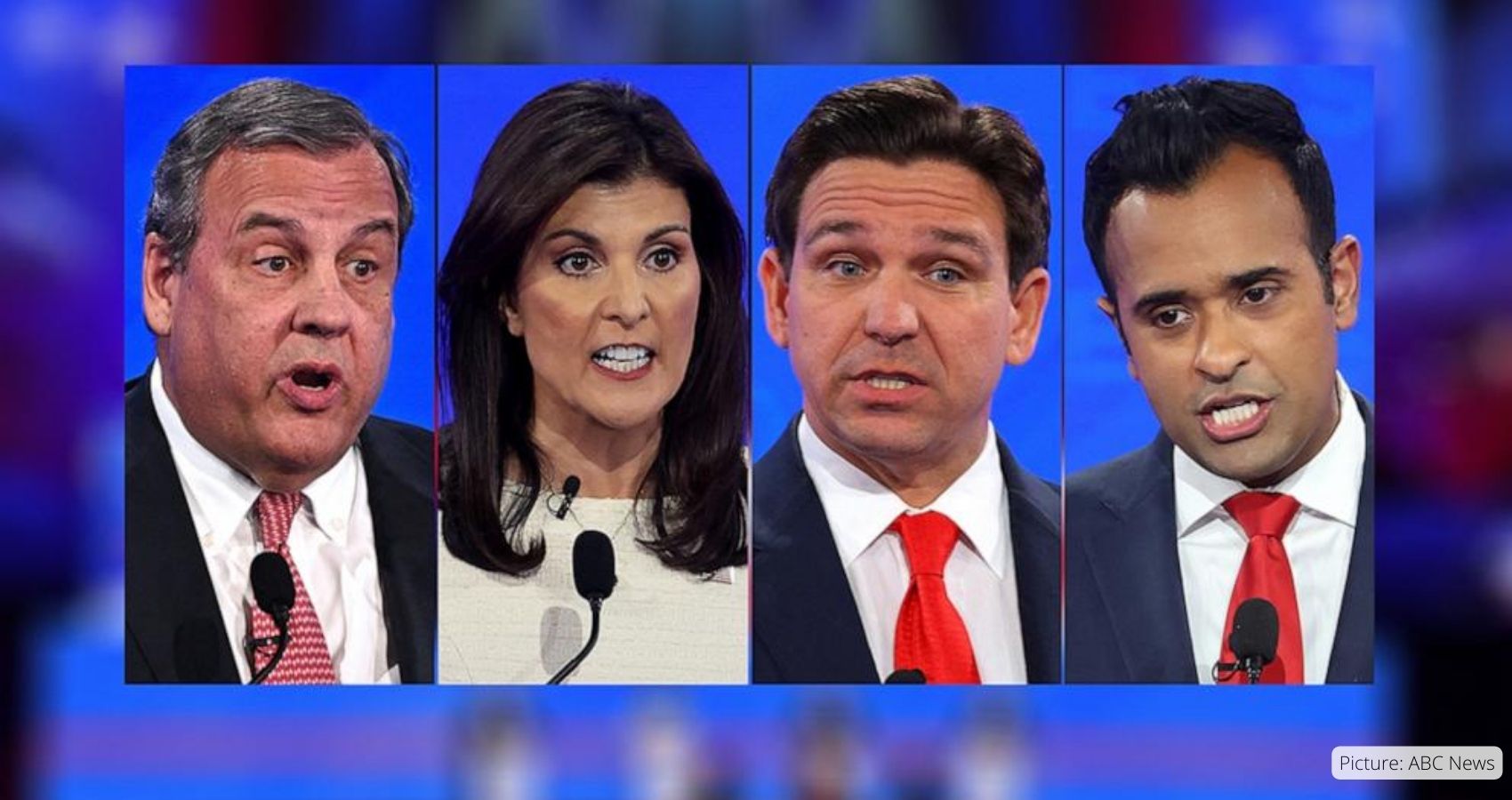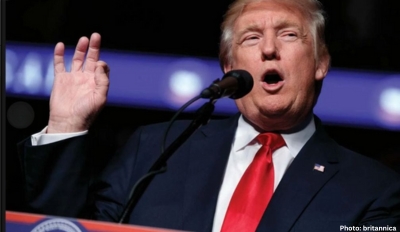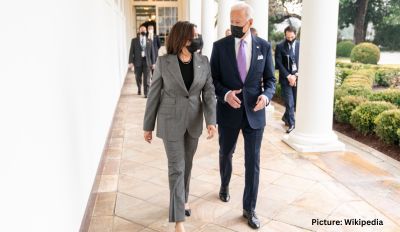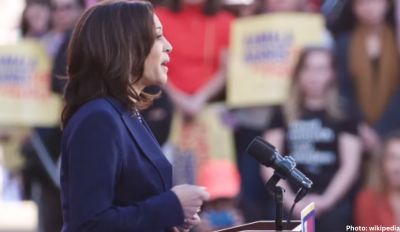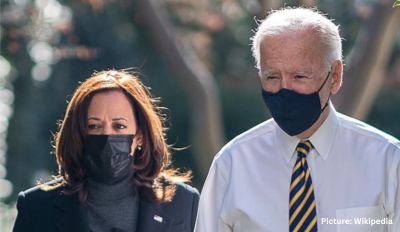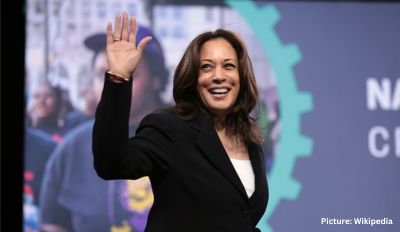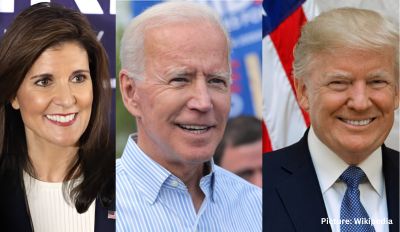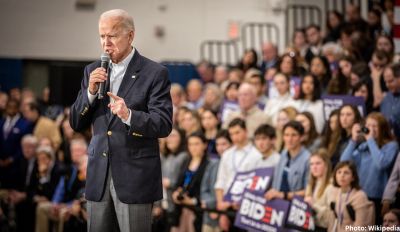The high-stakes fourth Republican presidential debate on Wednesday night highlighted why former President Donald Trump has been avoiding the 2024 primary debate circuit. The event featured four contenders: former South Carolina Gov. Nikki Haley, Florida Gov. Ron DeSantis, former New Jersey Gov. Chris Christie, and entrepreneur Vivek Ramaswamy. However, the debate was marked by intense infighting among the candidates, diverting attention from the primary focus on the frontrunner.
Despite the smallest debate field to date and the Iowa caucuses approaching in less than six weeks, the candidates utilized the two-hour debate to showcase their policy beliefs and emphasize major differences. However, the evening was dominated by personal attacks, with Ramaswamy referring to Haley as “lipstick on a Dick Cheney,” Christie mocking Ramaswamy’s “smartass mouth,” and DeSantis claiming Haley “caves every time the left comes after her.”
The candidates seemed united in their belief that establishing themselves as the GOP’s sole alternative to Trump was essential before making a concentrated case against him. However, this strategy also underscored why Trump’s absence from the debates hasn’t affected his standing in the polls. Although there were occasional attacks on the former president, such as Christie’s anti-Trump campaign message and Haley’s criticism of his China approach, the majority of the debate was dominated by clashes between the present candidates.
DeSantis and Ramaswamy Target Haley
The debate’s first hour highlighted Haley’s increasing prominence in the race, as both DeSantis and Ramaswamy focused on criticizing her. DeSantis wasted no time taking aim at Haley, drawing her into a dispute over transgender bathroom usage. Ramaswamy continued his critique from the third debate, targeting Haley for her association with Boeing while serving on its board.
DeSantis and Ramaswamy collaborated at various points, criticizing Haley’s recent support from donors like Reid Hoffman and Larry Fink. Ramaswamy even held up a notepad with the message “Nikki = Corrupt.” Haley defended herself, stating she welcomed support but wouldn’t let it dictate her policies, adding that her competitors would accept similar support if offered.
Christie, however, broke the pattern by defending Haley against Ramaswamy’s foreign policy insults, emphasizing her intelligence and accomplishments. Haley expressed gratitude for Christie’s support.
Christie’s Resurgence and Criticisms
Chris Christie, who has struggled to recreate the success of the 2016 presidential primary debates, regained some momentum in Tuscaloosa. He portrayed his opponents as immature and unprepared for the job, making it challenging for DeSantis and Ramaswamy.
Christie criticized DeSantis for avoiding basic questions and challenged him on sending US troops to rescue American hostages in Gaza. Later, when asked about Trump’s fitness for office, Christie insisted on a straightforward answer, accusing DeSantis of being afraid or not listening. He also targeted Ramaswamy’s tendency to backtrack on comments, labeling him the “most obnoxious blowhard in America.”
In a departure from his previous allegiance to Trump, Christie reserved his most severe criticism for all three opponents, accusing them of being afraid to offend the former president and emphasizing the importance of speaking the truth.
Avoidance of Trump Criticism
While the candidates engaged in intense personal clashes, Chris Christie attempted to refocus the debate by highlighting Trump’s significant lead in the polls. He compared his rivals to characters avoiding saying the name of the villain in the Harry Potter series, suggesting they were hesitant to directly confront Trump.
Christie implied that candidates refrained from criticizing Trump directly to safeguard their chances of becoming his vice presidential nominee or securing future presidential prospects. He emphasized the necessity of telling the truth, even if it meant offending, to avoid denial and secure the party’s success.
DeSantis’ Culture War and Criticism of Haley
DeSantis, known for his “war on woke,” shifted the focus to domestic culture war issues like environmental, social, and corporate governance (ESG) investing and transgender rights. He used these issues to paint Haley as a moderate, criticizing her stance on gender-affirming care for transgender minors.
DeSantis accused Haley of opposing a bill in Florida to prevent gender mutilation of minors, linking her support from wealthy donors to the ESG investing movement. He argued that these donors sought to impose a left-wing agenda on the country through economic power.
Haley clarified her position, stating that while she believed the law should stay out of it, parents should take the lead in such matters. She emphasized that she did not endorse youth gender transition.
Ramaswamy’s Conspiracy Theories
Vivek Ramaswamy, potentially in his last appearance on a GOP debate stage, embraced extreme conspiracy theories. He asserted that the January 6, 2021, Capitol attack was an “inside job,” claimed the 2020 election was “stolen by Big Tech,” and accused the government of lying about Saudi Arabia’s involvement in the 9/11 attacks.
Ramaswamy also endorsed the “great replacement” theory, a racist conspiracy suggesting non-White people are being brought in to replace White voters. He labeled it a basic statement of the Democratic Party platform. In his closing statement, he declared the “climate change agenda” a hoax.
The fourth Republican primary debate showcased intense personal clashes, candidates avoiding direct criticism of Trump, and a divergence into culture war issues. Each contender sought to position themselves as the GOP’s primary alternative, but the evening was marked by memorable confrontations and minimal attention on Trump’s absence from the debate stage.

